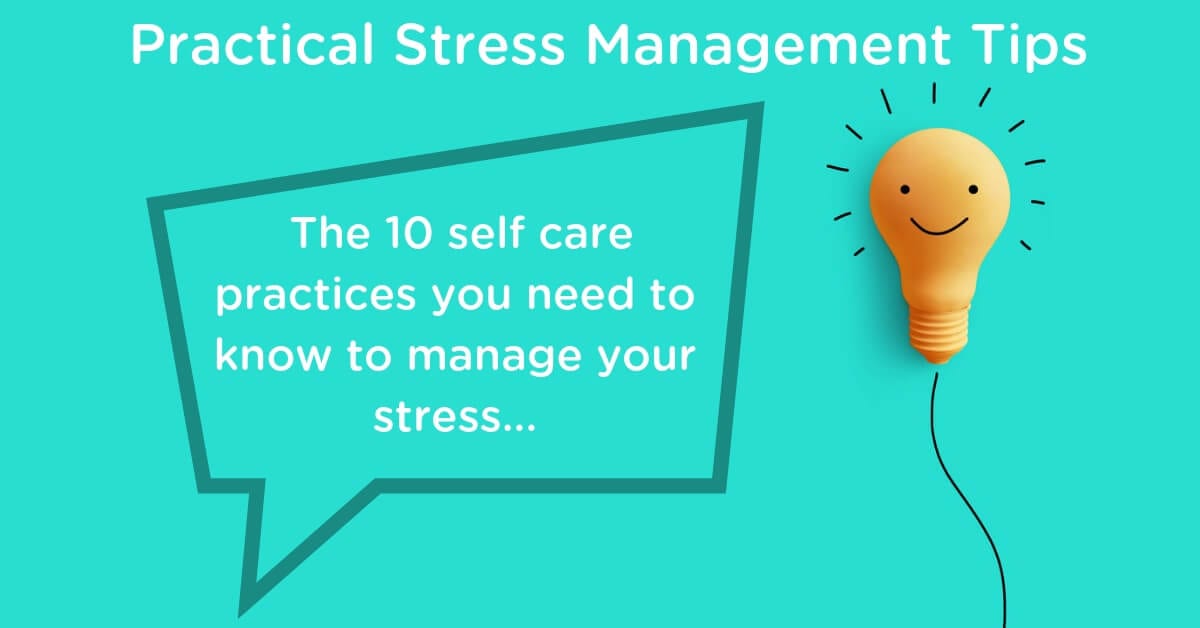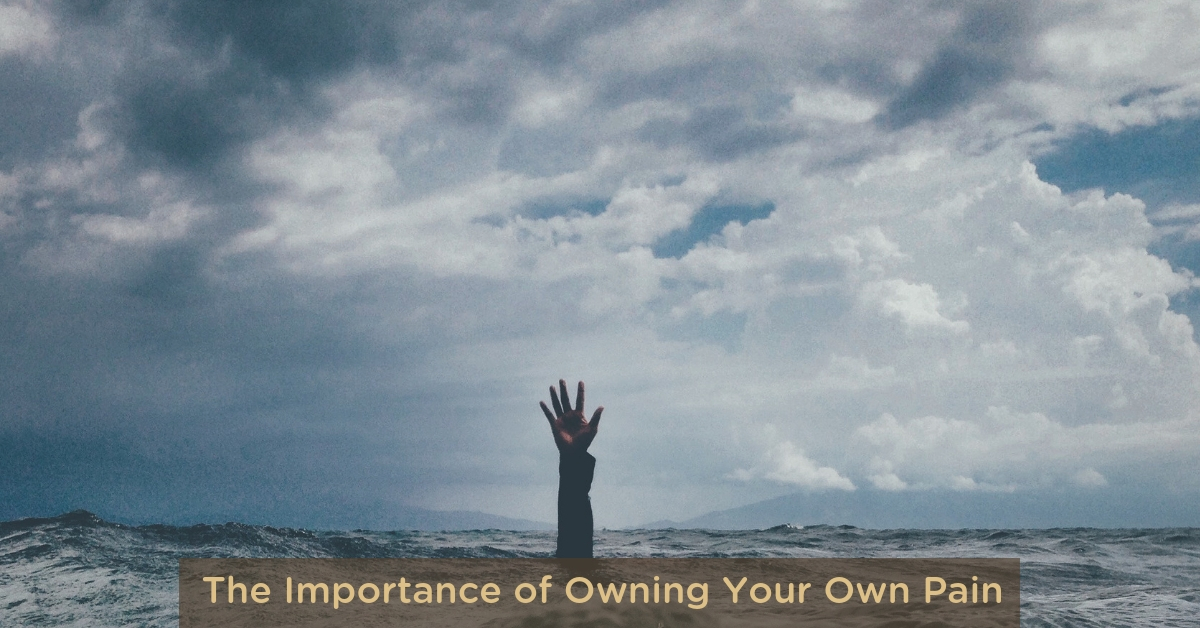We can go on for years living in a dominant state of stress without giving it much thought—until a major event interrupts our way of life and forces us to take a deeper look at how we’ve been operating in the world. It is possible, however, to keep stress from interrupting our lives by regularly practising a few healthy habits and keeping an awareness of our mental state.
Stress has a nasty way of sneaking up on you. Like rust to metal, stress-inducing events can slowly build up surreptitiously, eating away at our strength until we are at breaking point. In my 25 years as a practising counsellor, it has become clear to me that consistency in mental and physical self-care is the best way to counteract this corrosion and the best preventative against burnout.
The easiest way to maintain your mental health is to incorporate self-care into your daily routine. Make it enjoyable! But first, you need to make a commitment to yourself. Believe that you deserve better outcomes (I promise, you do!) and ensure you reach out for support if it all gets too much.
My 10 healthy habit recommendations are:
1. Attempt to understand and identify the cause of your stresses
To tackle stress you must first acknowledge it and then identify if it is “good” or “bad” stress (read my article about this here) – based on how it makes you feel and what is causing it.
Of course, this can feel a little uncomfortable, but that’s a sign you’re on the right track. Discomfort means something is shifting, and that shift is making room for a much happier healthier you.
Throughout your day, try to incorporate as many healthy habits as you can. We all slip occasionally, but let go of the guilt and keep going.
2. Make improvements to your diet
Choose fresh over processed foods, try to eat a “rainbow diet” (varied and colourful) and reduce your intake of stimulants such as sugar, alcohol and caffeine.
3. Do some daily exercise
Add a walk or some cardio (20 minutes is enough to get those endorphins flowing).
4. Add some light to your day
Go for a conscious walk where you notice the clouds; ask a friend to join you for a walk and talk in nature; or just simply try to look up at the sky more often.
5. And at the end of the day
Get a good amount of sleep. Set a ritual if this is a challenge for you – have a warm bath or put some lavender on your pillow (I highly recommend this); and avoid technology for at least an hour before bed. Getting at least 7 hours sleep will make a huge difference to your health and how you cope each day.
Next, take on some new behaviours to counter your stress:
6. Write a daily list of goals and prioritise your tasks
Tick them off as you go and feel the sense of achievement.
7. Get some perspective on your issues
Ask yourself, “Will this be important in five years’ time or what’s really the worst that could happen?” It’s very important to untangle your fear and the hold it has over you.
8. Be strong with your boundaries
Limit your exposure to toxic people; learn to ask for help and to say “no” to things you don’t want or can’t do; put your own needs first and refuse unacceptable behaviours; don’t let your boundaries be compromised.
9. Take up meditation
I have recently developed a FREE 15 minute guided meditation so that you can sample this extremely simple and effective technique for yourself. Please go to the Free Resources page to get your download.
And finally, and most important of all…
10. Learn how to process and express your feelings…
Feelings can be likened to water. If you express them, they flow through you. If you hold them in, they become blocked up like a dam.
If uncomfortable feelings are not released, your conscious mind burys them to protect itself from being overwhelmed. However, until you release them, they remain trapped and able to cause corrosive, unconscious stress.
Learn to observe your emotions (you’ll find meditation helpful here) and address any uncomfortable feelings as you experience them. Explore the triggers and underlying issues for these feelings.
I cannot not emphasise enough how incorporating these healthy practises into your daily routine can minimise and often prevent the kind of overwhelming stress or burnout that can result in important priorities having to go on hold while you recuperate.







